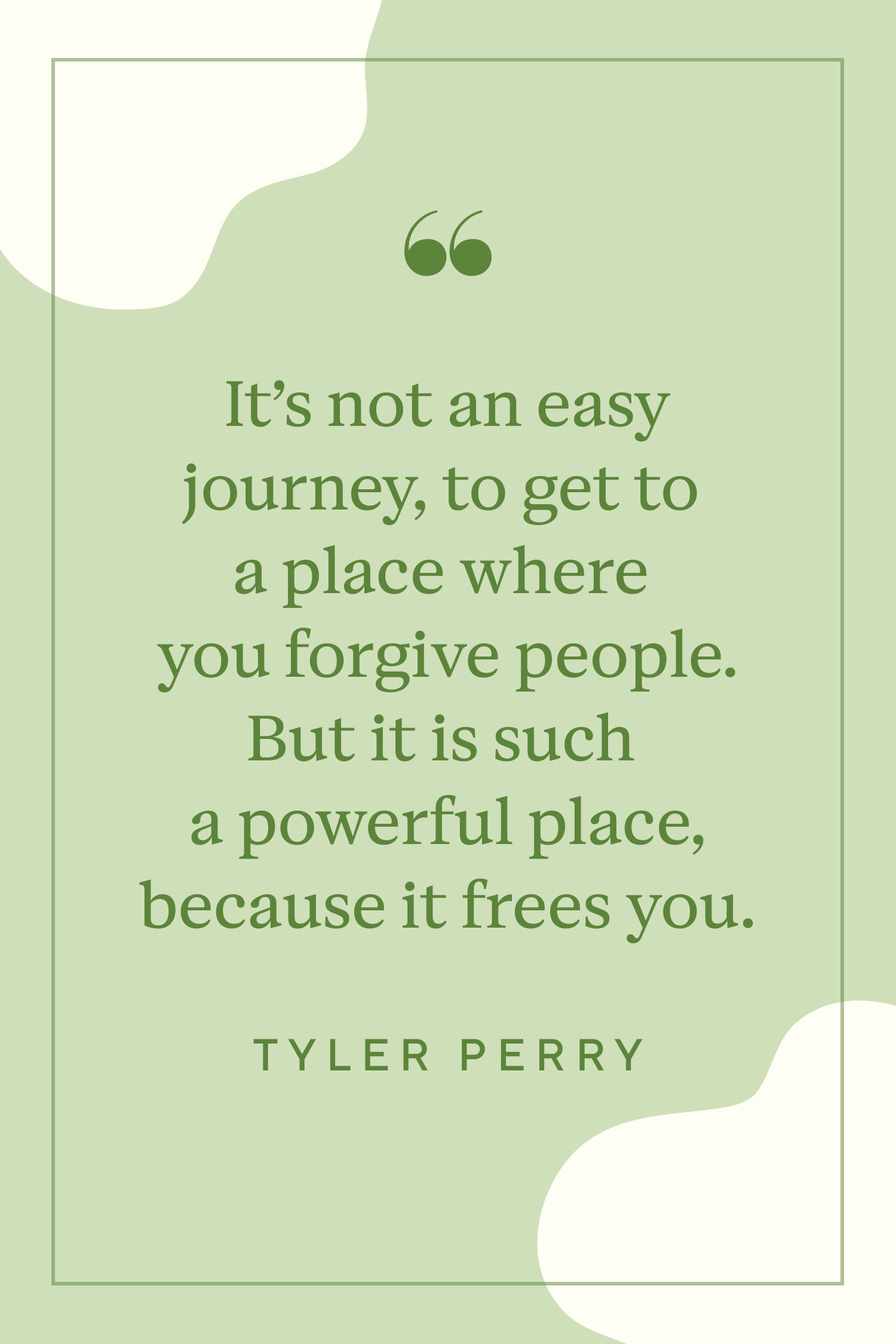How to Forgive Someone: Finding the Strength to Let Go and Move On
How to Forgive Someone: Finding the Strength to Let Go and Move On
Blog Article
Practical Actions to Forgive A Person and Move On in Life
Mercy is frequently perceived as a complex psychological undertaking, needing even more than simple approval of misdeed. To effectively forgive a person and progression in life, it is important to first acknowledge your very own sensations and recognize the wider context of the circumstance.
Acknowledge Your Sensations

It is essential to create a risk-free room for self-questioning, permitting yourself to share emotions without judgment. Journaling or engaging in reflective techniques can promote this procedure, enabling you to verbalize your views clearly (Steps to forgive). It is just as essential to validate your feelings, comprehending that they are an all-natural reaction to being mistreated
Avoiding or suppressing emotions can result in unresolved problems, which might prevent individual development and impede the ability to forgive. Instead, permit on your own to really feel and process these feelings totally. This acknowledgment not only cultivates self-awareness yet also prepares for compassion and understanding, which are vital parts in the act of mercy. Inevitably, acknowledging and embracing your sensations can equip you to take the essential steps towards recovery and settlement.
Understand the Circumstance
To successfully relocate in the direction of mercy, it is essential to understand the context of the scenario that caused feelings of pain and betrayal. Recognizing the situations bordering the occurrence can provide clearness and insight right into the motivations and objectives of those involved. This understanding is essential, as it aids to divide the person from their activities, enabling a much more balanced point of view.
Recognize any kind of external factors that may have influenced habits, such as tension, misunderstandings, or individual obstacles. Recognizing these components can light up the complexity of human interactions and reduce the tendency to assign blame solely to one individual.
In addition, review your very own expectations and just how they may have added to the circumstance. By examining your viewpoint, you can determine any kind of presumptions or miscommunications that may have occurred. This process promotes compassion and can lead the way for an extra caring understanding of the various other individual's activities. Ultimately, understanding the situation in its whole allows a much more educated method to forgiveness and advertises psychological healing.
Communicate Openly
Reliable interaction is important in the journey towards forgiveness, as it enables individuals to share their perspectives and feelings freely. Taking part in truthful dialogue cultivates understanding and creates a safe area for both parties to verbalize their feelings relating to the scenario. It is necessary to approach this interaction with a mindset of empathy and regard, acknowledging the other person's feelings while sharing your very own.
When initiating a discussion, pick a suitable time and a calm setting to make sure that both people can concentrate on the conversation without interruptions. Usage "I" statements to convey your sensations, such as "I useful link felt hurt when ..." This method decreases defensiveness and motivates a much more constructive dialogue. Energetic listening is also important; it shows that you value the other individual's viewpoint, cultivating a much more joint atmosphere.
Prevent blame and complaints, as they can bring about more dispute. Instead, focus on comprehending each various other's point of views and finding common ground. By connecting freely, you not just clarify misconceptions but additionally lay the foundation for rebuilding trust, inevitably aiding the forgiveness process and assisting in individual growth.
Review the Experience
Assessing the experience of dispute and its after-effects is an important action in the mercy procedure. This reflection permits individuals to analyze their emotions, ideas, and reactions bordering the event. visit homepage By taking the time to process these feelings, one can acquire insight into the impact of the dispute on both themselves and this website the various other party involved.
Consider what activated the problem and identify any underlying concerns or patterns that added to the scenario. This evaluation can aid and reveal personal susceptabilities clarify one's feelings of pain or dishonesty. It is important to analyze the duty played in the problem, acknowledging both reactions and activities. This self-awareness cultivates individual growth and aids in recognizing the point of views of others, promoting compassion.

Pick to allow Go
Choosing to allow go is an important step in the journey of mercy. To promote this process, it is essential to recognize that letting go does not relate to excusing the activities of others; rather, it is an act of self-liberation.
Begin by acknowledging the emotions connected to the grievance. Enable yourself to feel these emotions fully, however set a time limitation for dwelling on them.
Exercising mindfulness can additionally help in this process. Participate in reflection or breathing exercises to grow a sense of tranquility and presence. Finally, emphasis on the positive elements of your life and the partnerships that uplift you. By choosing to allow go, you create room for healing, happiness, and new opportunities, eventually leading the means for a much more meeting future.
Verdict
In conclusion, the process of forgiveness involves a collection of deliberate actions that assist in emotional recovery and advertise individual growth. Acknowledging feelings, comprehending the more comprehensive context, and involving in open interaction are necessary elements.
Acknowledging your sensations is a critical first step in the journey towards forgiveness and healing. Ultimately, recognizing and welcoming your sensations can encourage you to take the necessary steps towards recovery and reconciliation.
To efficiently move towards mercy, it is important to realize the context of the situation that led to sensations of hurt and dishonesty.Effective interaction is critical in the journey towards mercy, as it allows people to reveal their point of views and feelings freely. By taking the time to refine these sensations, one can get understanding right into the effect of the problem on both themselves and the various other celebration included.
Report this page